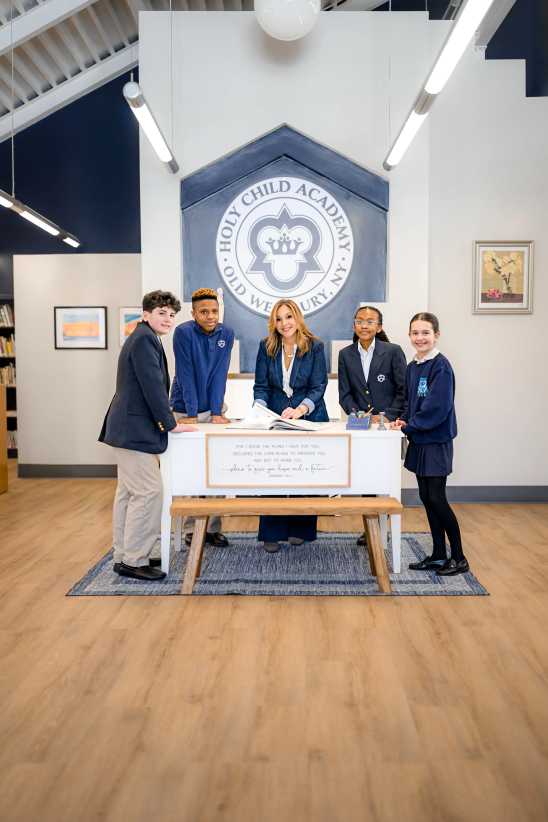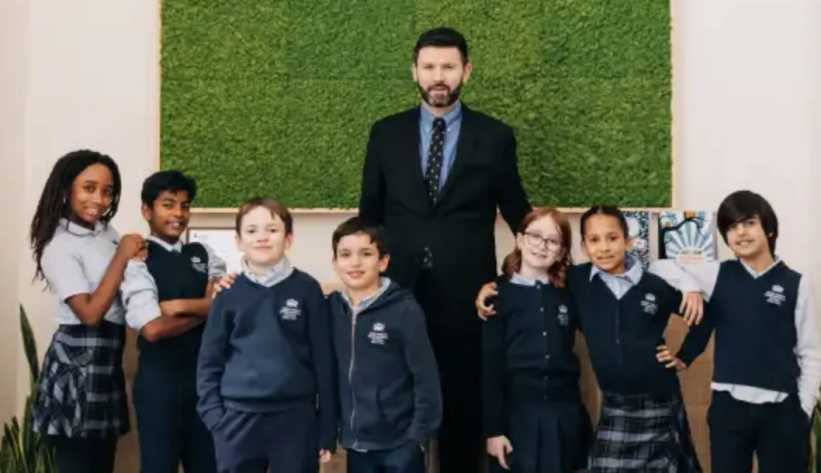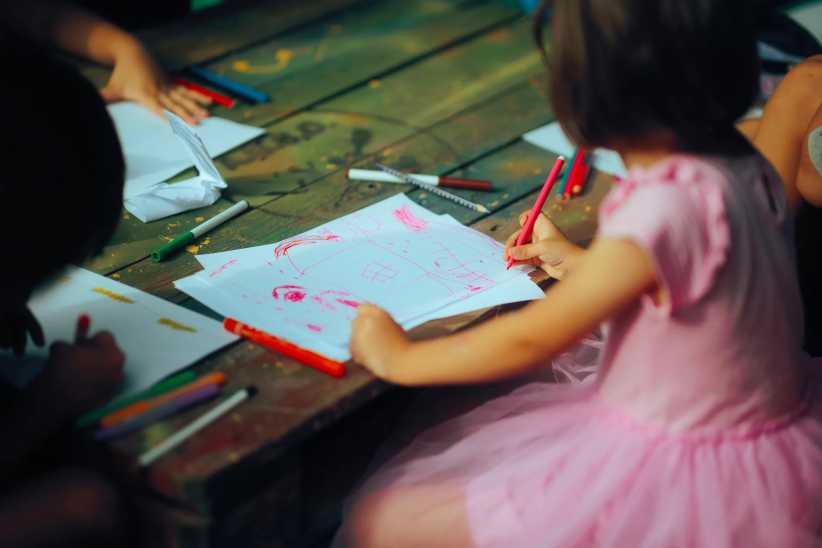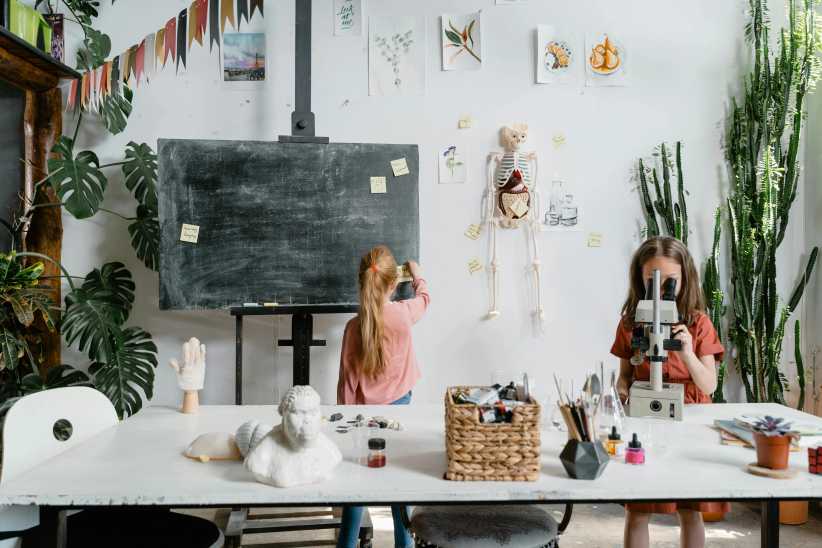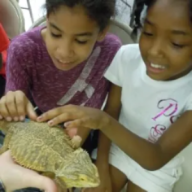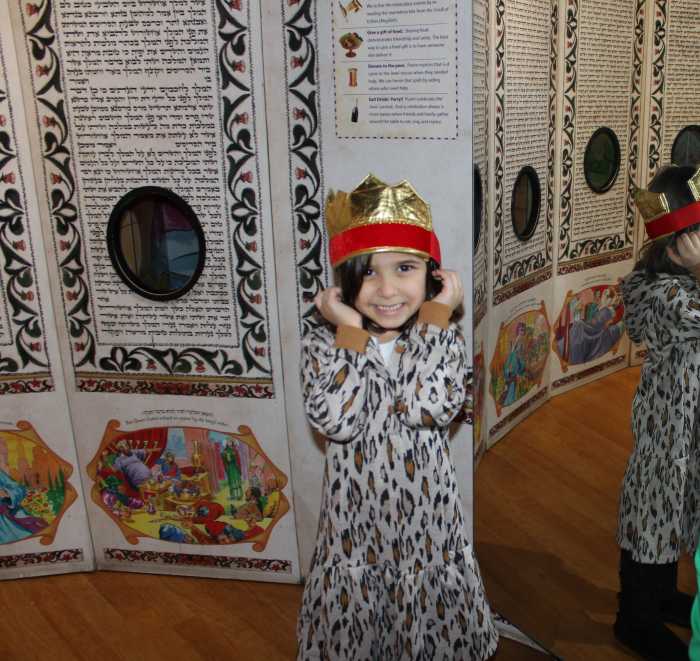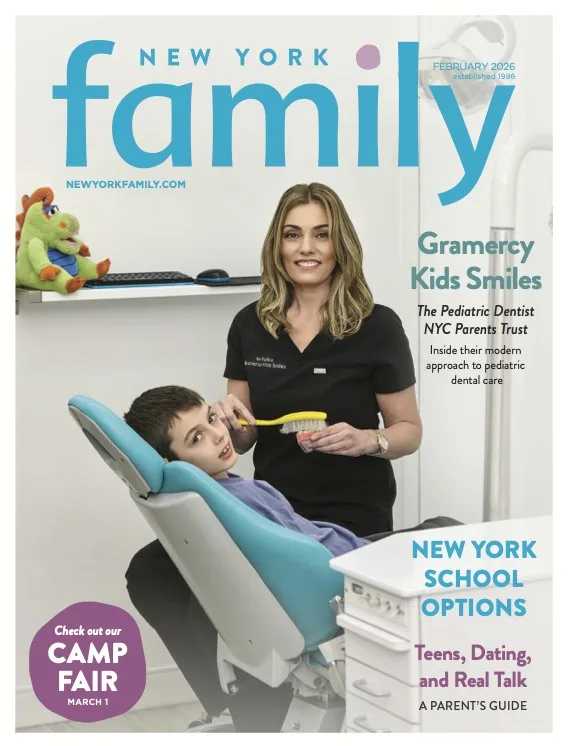A few years ago, journalist and NYC mom Peg Tyre
rocked the educational establishment with her groundbreaking and bestselling The
Trouble With Boys—a polemic which unpacked how our school systems can be
inhospitable to boys. Now she’s back with another timely and well-researched
book—The Good School: How Smart Parents Get Their Kids The Education They
Deserve—which has so many good
ideas about the future of education, it’s bound to become a helpful guide not
only for parents but also for educators.
Can you tell me about your professional and personal
backgrounds? Are you raising kids in the city or the suburbs?
I have been a journalist my whole career. I was a
corespondent for CNN and then I covered education and social trends for Newsweek
for seven years. [Tyre has two children, 15 and 19. She and her family live in
Park Slope, Brooklyn.]
What inspired you to write The Good School?
After writing The Trouble With Boys, I really sat
back, recalibrated and thought: What else is there that I’m interested in
doing? I believe everyone should have equal access to education. I decided to
focus on all the things I had the privilege to learn and what parents should
also know because it’s useful to them. They’re the ones in this whole school
reform. The data tells us that parents don’t choose well. I like to think
that with The Trouble With Boys I contributed to opening this new
dialogue. And the issues [from The Trouble With Boys] are known about and
worse today. So I asked myself: How can I not just write a book that people
will read but write a book that will further discussion? And that’s the story
of how this book came about.
In your opinion, what should parents look for in a
preschool?
Preschools play a funny game because they’re so busy telling
you how lucky your child will be to get in. Parents are really nervous about
looking at what the schools really offer. They don’t really know what to look
for. One thing the research doesn’t really support is a big worksheet approach
to academics in preschool. Learning needs to be play-based, that’s one of the
things parents should look for. Teachers should know how to embed learning
through play. And it shouldn’t just be play all the time! But it shouldn’t be
worksheets, like a scaled-down version of third grade all the time either. There
should be a ton of talking, also singing, rhyming, clapping to the beat for
syllabication.
Parents pay huge amounts of money for preschools in New
York City. Is it worth it?
There’s some cartoonish anxiety levels. But I think more
preschool options will be opening up for parents. I think what middle class
parents have to realize is that they have really good options and they need to
take a deep breath.
During your reporting and research, what did you find
most surprising to discover about education today?
I approached math with deep dread but I found that
innovative stuff is happening there. What’s really interesting to me is what’s
happening in the laboratories: cognition of math, how we hold numbers. It was
really surprising to me to see how that field is exploding and will be pressing
into classrooms in about five years. I’m pretty stoked! It’s about to undergo
traumatic transformation. Kids will think about numbers very differently. We
have this internal math structure. In some kids it’s stronger, and in some kids
it’s weaker. The question then is: Can we intervene? Should we?
So how do you get kids to think that math is meaningful?
I think we know less about the building blocks of math. Teachers
know less about the right order to teach math. Teachers need to be immersed in
serious training and be good at math themselves. You don’t want teachers that
are “math phobes.”
And how do you address reading in the digital age?
It’s really important for your kids to stay at grade level.
It’s so common for kids to be behind grade level and for parents to find out
too late. Parents really need to get together with the school and find out what
can be done. Reading is good! I think parents need to lighten up about what
their kids read. If you look at the data, you’ll see any kind of reading is good,
from a cereal box to a graphic novel to a gamer magazine, Twilight, Hardy Boys—it
doesn’t matter! It doesn’t have to be Tolstoy; let them read what they want to
read. And a lot of learning is going online. I worry that it’s a way of
cheapening the educational experience. I don’t want my kids to be learning Death
of a Salesman online. I want them to be with some fantastic teacher who can
bring them to the richness of this cultural artifact.
You talk a lot about students who are behind grade level.
What can be done to change or prevent this? How responsible are schools and
teachers, and how responsible are the parents?
At preschool, parents need to be ask questions like: How is
my kid doing at establishing sounds and letters? Parents shouldn’t hear, “Oh your
kid is very well-behaved; we love him a lot.” That’s no good. You never want
that! You’re looking for substantive knowledge. Teachers should be on that. If
you learn your kid is starting to fall behind, then a parent needs to ask the
teacher what can be done for extra support. Parents should watch out for: “He’s
behind but he’ll catch up.” Parents need to ask what can be done right away! An
even worse answer is: “ I think he should stay behind a year.” You don’t want
to hear they’re going back to the same school with the same program and the
same kind of instruction. He didn’t learn the first time, he’s not going to
learn the second time. It’s a matter of bringing him the information in a
different way.
Do you believe that other countries have figured out the
education system better than we have?
It’s not really an apples to apples type of comparison.
Finland for example is really small and the schools there are nationalized. We
don’t have a big overarching school board that controls school like they do.
Teaching education here is highly variable and that’s where some problems come
in.
What are your thoughts on private versus public
education?
There are some fantastic private schools and there are some
really mediocre private schools. And then there are some really expensive
private schools that are mediocre. Many parents think that just because they’re
paying a lot and some of the kids in the graduating class are getting into Yale
that the school is fantastic. But what parents do not see is that many of the
kids are canceled out in the data, that some kids don’t do well, that teachers
are not getting a lot of development. Those are bad signs for schools! It’s
hard to get the information that you need about private schools. Some schools
live off their reputation and so the schools do not have to do much serious
self examination.
How do you think the American education system has
changed over the
years and in what direction do you believe it is heading?
Public schools were sort of a monopoly for a while. But some
schools were really bad and there was no way to change them. There’s been a big
effort to break that up and to create new models and other options for parents.
That came with a responsibility for parents; we have a lot of options and it’s really hard to sort them
through. That’s how I think we got here… Parents are starting to realize that
there are really good options in NYC and that is a pretty new and exciting development
in the last 15 years. If your kids are highly accomplished, there are fantastic
high schools. There is also a whole other rung of experimental schools which I
think are super interesting and working really well. I’m very encouraged by the
public education in New York. However, I
do worry that NYC makes it hard for parents to find a good school; parents have
to go on a kind of mall crawl from open house to open house. I hope that my
book makes it a little easier for them.
What’s next for you? Any projects in mind?
I’m a little tired from this book. I’m going scuba-diving
with my son and then I don’t know!
For more information,
visit pegtyre.com.

